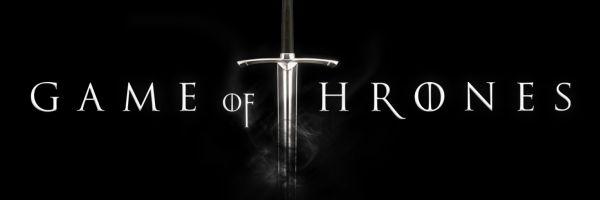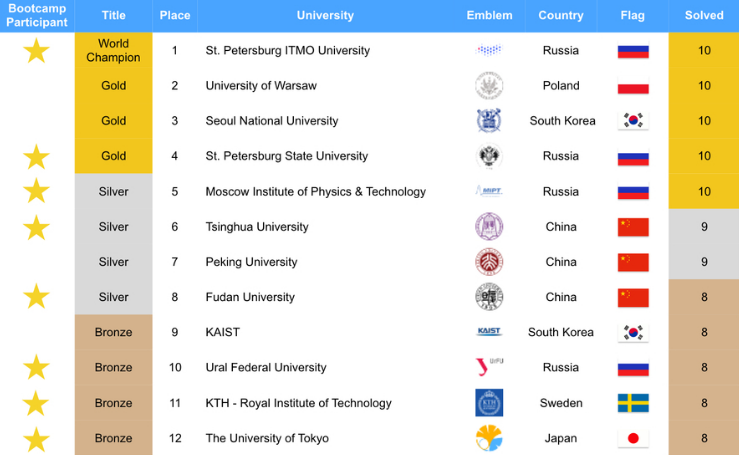Hello Codeforces!
On August 21, 18:05 MSK Educational Codeforces Round 27 will start.
Series of Educational Rounds continue being held as Harbour.Space University initiative! You can read the details about the cooperation between Harbour.Space University and Codeforces in the blog post.
The round will be unrated for all users and will be held on extented ACM ICPC rules. After the end of the contest you will have one day to hack any solution you want. You will have access to copy any solution and test it locally.
You will be given 7 problems and 2 hours to solve them.
The problems were prepared by Ivan BledDest Androsov, Vladimir vovuh Petrov, Mike MikeMirzayanov Mirzayanov and me.
Good luck to all participants!
Harbour.Space also has a word for you:
We are delighted to welcome the 2017 ACM-ICPC World Champions, ITMO, to our 2nd Hello Barcelona Programming Bootcamp in collaboration with Moscow Workshops ACM ICPC starting September 27.
All the top Russian teams are coming, including St. Petersburg State University, MIPT, Ural Federal University, Tomsk, Novosibirsk, Saratov and Perm, as well as the world’s top universities such as Waterloo, Central Florida, Hangzhou Dianzi, Singapore, KTH and dozens of others — so far teams from 30 countries have signed up.
The event’s gold sponsor is Sberbank, the biggest commercial and investment bank of Eastern Europe and Russia. Thanks to their support we expect that the top participants will be awarded valuable prizes, alongside high-profile internship and job opportunities.
We can’t wait to see all of you coming to learn, practice and compete on the international stage, smoothing your road towards April World Finals in Beijing.
Ps. Registrations close on September 1.
UPD: Editorial is published
Congratulations to the winners:
| Rank | Competitor | Problems Solved | Penalty |
|---|---|---|---|
| 1 | uwi | 7 | 288 |
| 2 | quailty | 7 | 314 |
| 3 | Andrei1998 | 7 | 318 |
| 4 | rajat1603 | 7 | 374 |
| 5 | fatego | 7 | 374 |
Congratulations to the best hackers:
| Rank | Competitor | Hack Count |
|---|---|---|
| 1 | uwi | 455:-11 |
| 2 | halyavin | 305:-4 |
| 3 | STommydx | 103:-2 |
| 4 | Lhtie | 48:-2 |
| 5 | step_by_step | 44:-28 |
1326 successful hacks and 300 unsuccessful hacks were made in total!
And finally people who were the first to solve each problem:
| Problem | Competitor | Penalty |
|---|---|---|
| A | ksun48 | 0:01 |
| B | ygmngm817 | 0:03 |
| C | markysha | 0:03 |
| D | EKGMA | 0:10 |
| E | halyavin | 0:37 |
| F | eddy1021 | 0:34 |
| G | const_int_magic | 0:08 |














